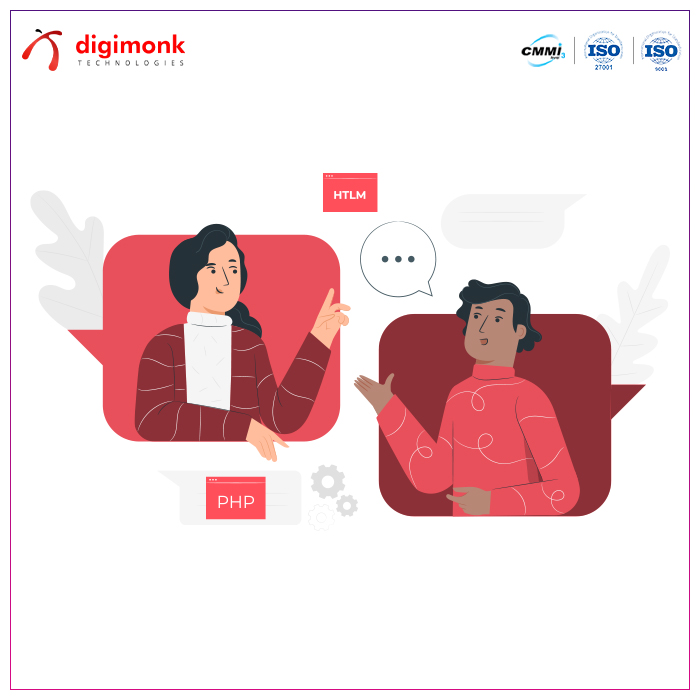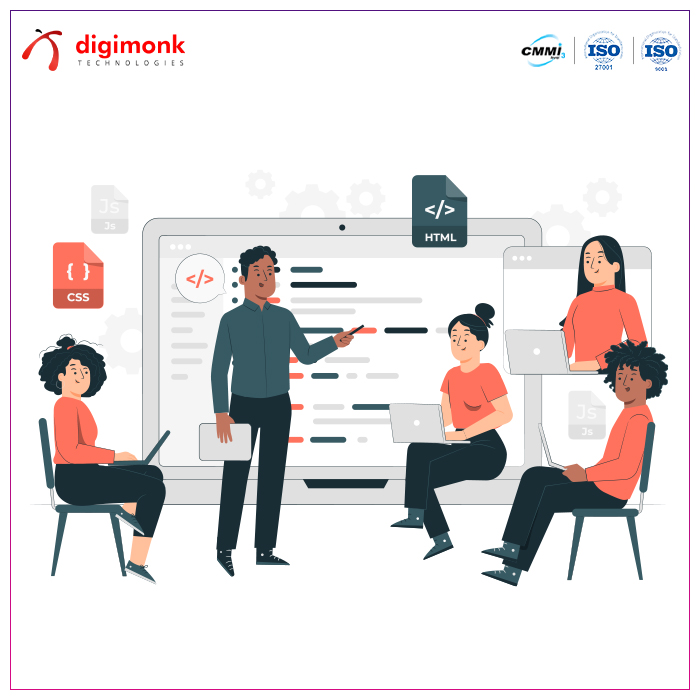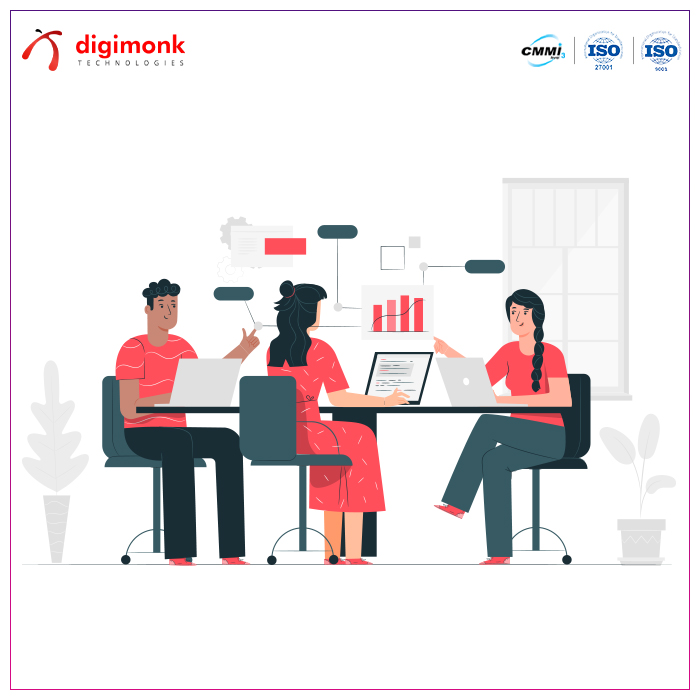10 August, 2023

Are You Looking For a
Web Devlopement | App Devlopement

why should a developer have soft skills
Do you know, you play an important role in your company as a developer. After all, if the company's data isn't safe, or if the server can't interact with the browser quickly enough, operations are likely to come to halt.
As a result, your technological expertise makes you a valued asset for the company, but apart from technological skills, a developer must also have soft skills. So what are these skills?
Soft skills are the abilities that may put you over the top when it comes to asking for a raise or taking a step ahead in your career.
Every business requires workers with a variety of skills. Superior technical abilities are essential to keep things operating efficiently, and excellent people skills are required to keep consumers and business partners satisfied.
Here are six strengths that every developer should cultivate.
Critical thinking
Critical thinking is the capacity to think clearly and rationally while also comprehending the logical relationship between concepts. Critical thinkers are continuously looking to check if the ideas, arguments, and discoveries represent the whole picture and are willing to be surprised if they don't.

As a web developer, you'll occasionally be presented with many options for achieving the same goal. You'll be able to swiftly assess and test each strategy mentally before settling on the most efficient one if you use critical thinking.
Clear Communication
While learning how to do something that many others don't understand might help you keep your job, you'll often have to explain what you're doing and how it works to others.
When such possibilities present themselves, you want to be helpful and knowledgeable without coming across as condescending.
You must explain the process in basic language, avoiding jargon that those who are not familiar with web development may not understand. If your firm, for example, has implemented new data security policies that it wants everyone to follow, you may be asked to explain why these policies are important and how they differ from earlier policies.

You must be able to communicate effectively with clients, superiors, and coworkers as a developer. As a software engineer, effective communication is essential. Client communication can be difficult, especially if they are non-technical. And, while your coworkers may be able to decipher a certain language, don't presume your clients can.
When to be short and when to go into detail and communicate their thoughts to others, good communicators know when to be brief and when to go into detail and clearly communicate their ideas to others. What's more, they understand how to learn and take constructive criticism from others.
Willingness to learn
Although it is general knowledge that no one is born knowing everything, few people realize that learning is a never-ending process. Make no mistake: there is always someone from whom you can learn and skills that you can enhance or alter. What counts is that you are prepared to learn and take advice. Great software engineers also ask their colleagues for assistance.

Flexibility
There's always a potential that something unexpected may happen, no matter how secure your server is or how solid a system your team designs.

Anyone may benefit from being able to adapt to changing conditions, but back-end web engineers require it even more. A new application, for example, might burden the system as a whole on its first day of operation, causing other portions to slow down or cease operating completely.
You and your team will need to make the appropriate changes to ensure that the new feature is delivered on time while also safeguarding current procedures. Flexibility like this necessitates imagination as well as the capacity to remain cool under duress. This soft talent will help you troubleshoot problems as they emerge.
Teamwork
As a developer, you will almost certainly work as part of a team rather than alone. Developers frequently work together, which means that bad communication among them can lower the quality of any product in this field.
Knowing what your coworkers do and their skills and limitations may help you, especially if you're a team leader, because you'll be able to distribute projects to the appropriate individuals more quickly. Over time, it has been seen that collaborative energy improves project success on a regular basis.

Most web engineers prefer to work in locations where they can work alone, although you may need to cooperate with others at times.
The same abilities will serve you well whether you deal with the same group of individuals regularly or are assigned to a temporary job with each new process you are entrusted with developing.
Make yourself available to your team so that team leaders don't have to follow you down to receive input or schedule meetings. If you're the team leader, be explicit about your expectations so your team doesn't have to sift through confusing instructions.
Humility
It's human to make mistakes, but it takes a strong person to admit that. Humility at work may appear counterintuitive, especially if you're trying to impress your employer in order to gain a promotion, but it might really benefit you.

You can handle any problem your faults produce more effectively if you hold yourself accountable for your mistakes rather than covering them up or hoping no one notices. It's preferable to feel a bit humiliated at the moment than to put your team's production on hold only to protect your ego.
Humility has the added benefit of making you more likely to be tolerant with others when they, too, make errors.
If you establish an environment where individuals aren't frightened to disclose mistakes, you'll be able to address problems far faster than if others must have the bravery to tell you where the problem is.
Conclusion
Not every job entails spending the entire day with other people. Back-end web developers sometimes require alone time to properly update the server or solve bugs but that should also not hold you from implementing the soft skills in you.
Almost every work entails more than just staring at a computer screen. In addition to possessing the technical abilities required for the job, you can effortlessly move from working alone to collaborating on a project with others, and you can explain what you're doing in simple words.
You'll become a more adaptable team member if you add these six soft talents to your portfolio.
Follow us - www.instagram.com/teamdigimonk






